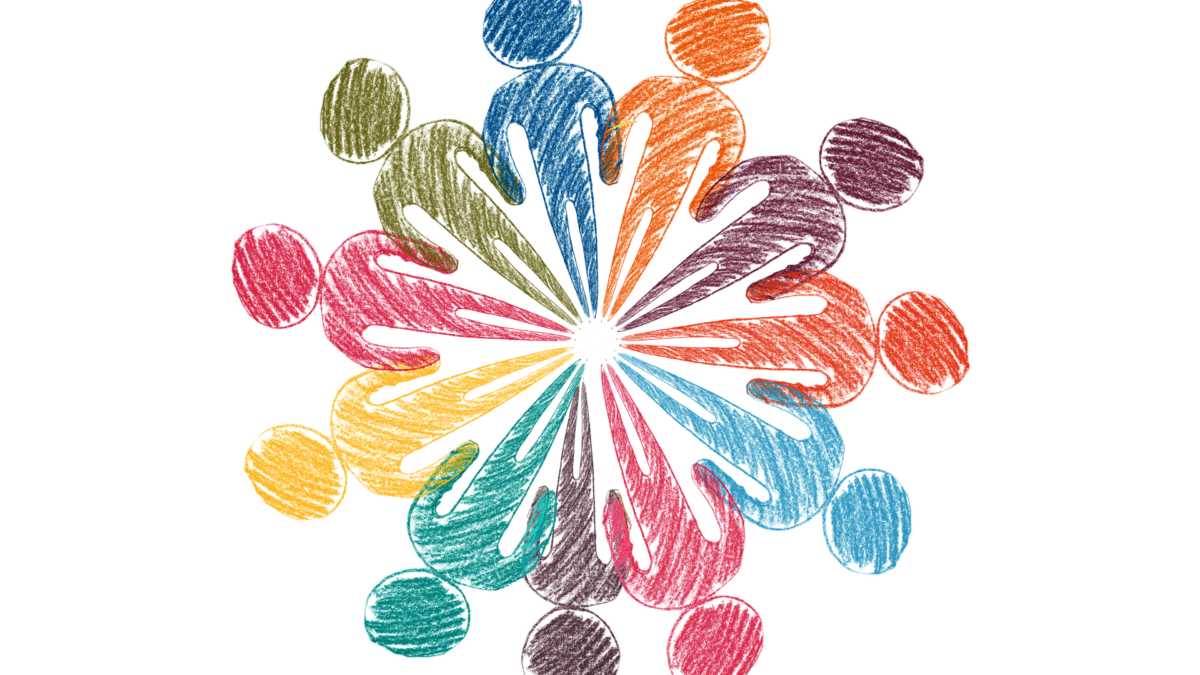by Martha Albertson Fineman

“In 1974, when I was a law student in a class called Injunctions, we often struggled through the factual and legal complexities of an opinion determining whether an injunction should issue. My professor, Owen Fiss, was fond of reminding us after each such session that the object of this entire struggle – the injunction – was “only a piece of paper.” His point was that it takes more than the issuance of some form or document to make things happen, to transform the status quo. Words are, after all, only words. Standing alone, they often are not worth much more than the paper upon which they are written. Instead, it is the interpretation and implementation that really matter-not the issuance of the document, but what comes next, that confers content and meaning.
I cannot help but reflect upon this bit of practical-injunction-realism when confronted with the many questions that emerge in response to contemporary policy discussions about the need for laws to strengthen the institution of marriage. Like an injunction, marriage is reducible to a piece of paper-the marriage license. This piece of paper distinguishes one on-going relationship from others, not officially designated marital in nature. Yet what meaning does marriage have beyond this fragile manifestation? Continue reading Why Marriage?

